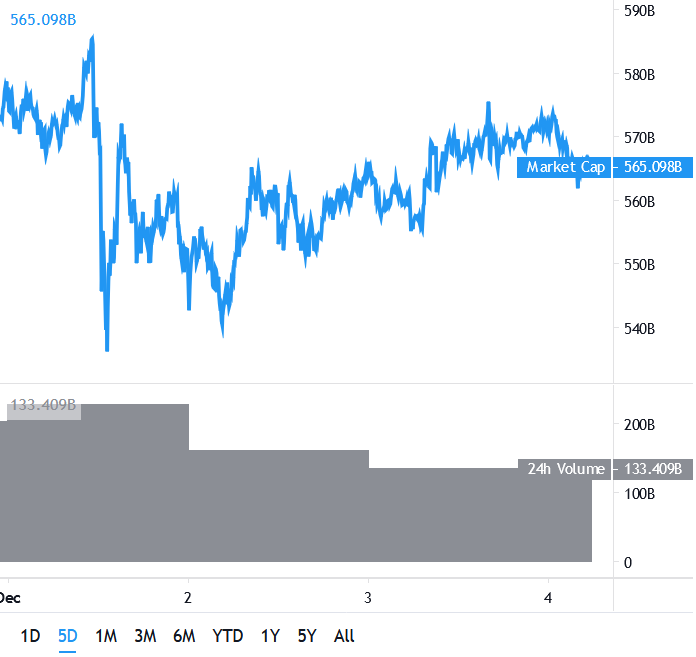Blockchain startup Fireblocks on Tuesday announced that it has secured $16 million in Series A funding round.
According to a Coindesk report, the funding came from two tech venture capital heavyweights – Tenaya Capital and Eight Roads, the investment arm of Fidelity International.
Discover the Barcelona Trading Conference – A Top Tier Crypto Trading Event
Fireblocks is developing a platform to secure digital assets while they are in transit. It has already attracted the attention of firms like Galaxy Digital and Genesis Global Trading which are using its solution to secure digital currencies which are in transmission across exchanges, over the counter brokerages, hot wallets, and cold storage.
Over the years, the main focus of securing digital currencies was confined within the storage level, Though cold storages and custodian services made the wallet platforms secure, the assets are really vulnerable while in transit, and the developers at Fireblocks are trying to fill this gap.
“While Blockchain based assets by themselves are cryptographically secure, moving digital assets is a nightmare. After interviewing over 100 institutional customers, including hedge funds, broker-dealers, exchanges, and banks, we concluded that the current process is slow and highly susceptible to cyber attacks and human errors,” Michael Shailov, founder of the company, told the publication.
Making transmission secure
After its launch in the last quarter, the platform has already handled hundreds of millions of digital asset transfers, according to the founder. Moreover, Fireblocks’ technology has been integrated by 15 digital asset exchanges, and it supports over 180 cryptocurrencies.
The company is boasting the level of programmable control it gives to its clients. The platform has different levels of security for various types of traders, which allows financial institutions to provide access to users ranging from traders to operation managers according to their needs.
“New uses of blockchain cannot rely on gaps in service. [Investors] need assets to be available, intractable, and transferable,” Shailov added.
“There was a need to take assets, either native to the blockchain or tokenized assets or securities, and move, trade, sell them in a reasonably fast time frame. Keeping assets locked down in cold storage like a traditional custodian is antithetical in the way [investment firms dealing in crypto] operate.”











